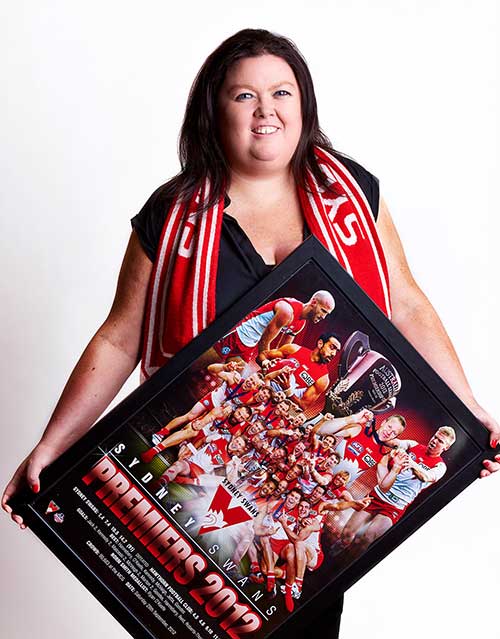If you run your own business, you probably enjoy some important freedom – and face some additional challenges. When it comes to applications for home finance, lenders may ask you to jump through extra hoops to ensure you meet their lending criteria and it’s important to understand that and be prepared – rather than assume you’ll get an easy answer as soon as you lodge a loan application.
Loans for small business owners
By talking to a mortgage broker who works with lenders that cater products to small business owner borrowers, you can find out accurate information about what you need to provide for a successful loan application.
And the first important step? Talking to your bookkeeper or accountant to make sure you know your numbers.
Understand your income – and your borrowing capacity
Talking to your finance broker will help determine what taxable income level you need to apply for credit and once that amount has been established, your eligibility for finance will depend on your credit history and your ability to prove that your income is what you say it is.
Understanding how your business profitability and commitments, and any personal guarantees you may have provided, could impact on your individual borrowing potential.
Clean up your finances
Approval for any loan application relies on making yourself appear as solid as possible, and to help boost your credit rating, you can start paying special attention to household bills and paying any other loans on time (credit cards and any other personal loans) to help leave a positive footprint of sound money management.
The financial performance of your business can also have an adverse (or positive) effect on your application so it is important to ensure all financial activities are under control. It’s also important to remember that a poor business history can have an adverse impact on you personally.
It’s never too late to budget
The more you put aside each week/fortnight or month, the more you’ll be able to save. When it comes to buying a property, it’s important to have at least 20% of the purchase price as a deposit. If you do have 20%, you will avoid the additional cost of loan mortgage insurance.
The less you have to pay out each month, the more money you’ll have to spend on other things – including bigger repayments on your mortgage.
If you are considering taking funds out of the business to fund your personal or business purchase you need to be alert to the possible consequences should things don’t pan out the way you expected. Questions such as cash flow and the financial sustainability of the business need to be considered.
Of course, it’s critical that you talk about your hopes to pay down your home loan faster with your mortgage broker before you settle on the loan product – some mortgages offer no benefits for repaying your home loan faster, so if a plan to make additional payments is a clear strategy for your home-ownership and property investment goals, it’s important to discuss that with your mortgage broker before you apply for your loan.
The reality is that self-employment can have a direct impact on your loan options but it’s important to remember that there are many other options available.
Applying for a home loan – or any major finance – should be something that you plan over the long-term and by preparing yourself for your loan application, you can start making the right moves now to boost your chances – and maximise your borrowing capacity. Good luck with your application – and happy house-hunting!
If you need advice for a home loan, business or commercial loan, self-managed super fund loan, or a vehicle or equipment finance loan, speak to a broker at Lending Specialists. We have a wealth of experience under our belt and a robust network to connect you to the right industry professional for the loan you need.










